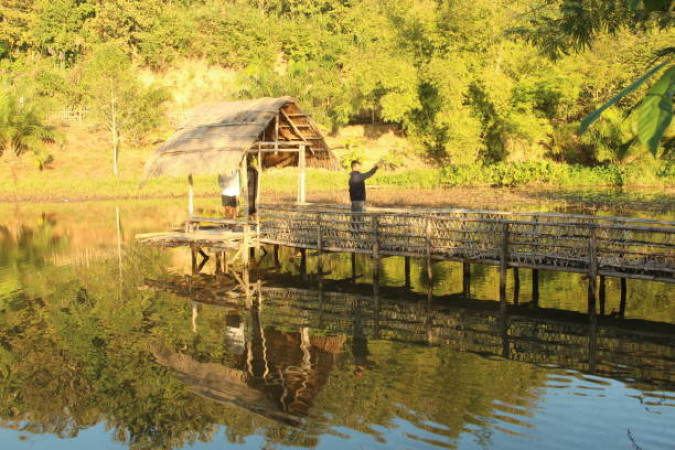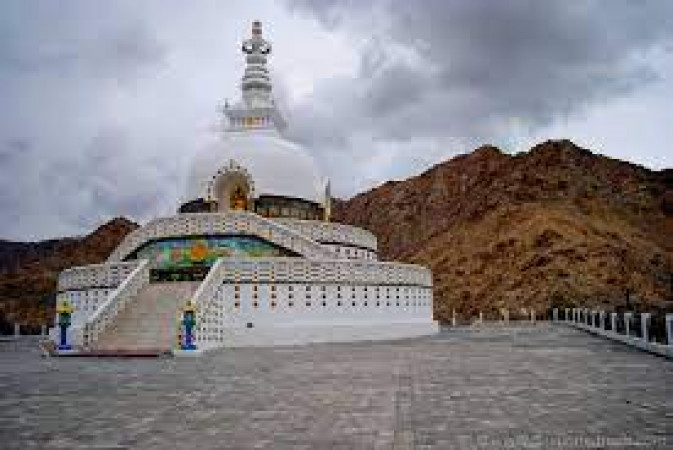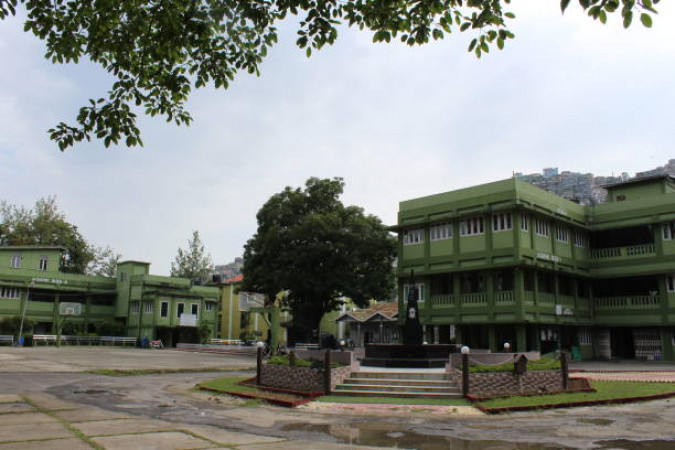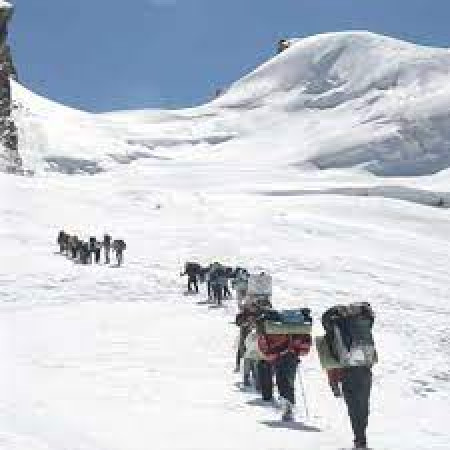
Kolasib
Package
7000 to 19000
7000 to 19000
Duration
2 to 3 Days
2 to 3 Days
Best time to visit
Oct-Dec
Oct-Dec
Theme
Hill Station
Hill Station
Kolasib Travel Guide
Kolasib, a charming town in Mizoram, India, is known for its rich cultural heritage and picturesque landscapes. Situated in the northeastern part of the country, Kolasib boasts a history steeped in tradition and a geography that includes lush greenery and rolling hills. The town is famous for its vibrant festivals, warm hospitality, and traditional handicrafts.Top Attractions in Kolasib
- Khawnglung Wildlife Sanctuary
- Chhimtuipui River
- Tamdil Lake
- Vanhawk Tourist Resort
- Chhingpui Thlan
Kolasib is Famous for
Its picturesque landscapes and vibrant festivals.Top Attractions in Kolasib
- Khawnglung Wildlife Sanctuary
- Chhimtuipui River
- Tamdil Lake
- Vanhawk Tourist Resort
- Chhingpui Thlan
What's Great about Travelling to Kolasib?
- Immersing in rich cultural heritage
- Exploring picturesque landscapes
- Experiencing warm hospitality
What's Not So Great about Travelling to Kolasib?
- Limited transportation options
- Language barrier for non-locals
- Remote location
Travel Tips for Kolasib
- Check visa requirements before traveling
- Prefer hiring local guides for better understanding
- Respect local customs and traditions
Important Kolasib trip information
- Ideal Duration: 3-4 days
- Best Time to Visit: October to March
- Nearby Airports and Railway Stations: Lengpui Airport, Silchar Railway Station
Top 2 Places to visit in Kolasib
FAQ's on Kolasib
Q1: What is the best time to visit Kolasib?
The best time to visit Kolasib is during the winter months from October to February when the weather is pleasant and ideal for exploring the region. This period also coincides with various local festivals and events, offering a vibrant cultural experience for visitors.
Q2: Do I need a visa to travel to Kolasib?
Travelers to Kolasib typically require a valid visa. However, certain nationalities may be eligible for visa-on-arrival or e-visa facilities. It is advisable to check with the local embassy or consulate for specific visa requirements before planning your trip to Kolasib.
Q3: What are the must-visit attractions in Kolasib?
Kolasib boasts a range of attractions, including the picturesque Tamdil Lake, Vantawng Falls, and the serene Dampa Tiger Reserve. Visitors shouldn't miss exploring the traditional Mizo villages, experiencing local culture, and tasting authentic Mizo cuisine.
Q4: Is Kolasib a safe place to travel?
Kolasib is generally considered safe for travelers. However, it is recommended to stay informed about local conditions, avoid isolated areas after dark, and take necessary precautions to ensure a safe and enjoyable visit.
Q5: What is the local currency in Kolasib and can I use credit cards?
The local currency in Kolasib is the Indian Rupee (INR). While credit cards may be accepted at some hotels and larger establishments, it is advisable to carry cash for transactions. ATMs are available in major towns for convenient access to funds.
Q6: What is the local cuisine like in Kolasib?
The local cuisine in Kolasib is a delightful blend of Mizo flavors, featuring dishes like Bai, Bamboo Shoot Curry, and Sawhchiar. Vegetarians can enjoy dishes made with locally grown produce, and adventurous foodies can savor specialties like smoked meat and fermented bamboo shoot dishes.
Q7: What transportation options are available in Kolasib?
Transportation options in Kolasib include buses, shared taxis, and rental cars for exploring the region. Public transport is limited, so travelers may opt for private taxis or rental vehicles for greater flexibility in navigating the area.
Q8: Are there any cultural norms or etiquette I should be aware of when visiting Kolasib?
When visiting Kolasib, it is important to respect local customs and traditions. Greeting locals with a smile and a slight bow is appreciated, and it is customary to remove footwear before entering homes or religious places. Dress modestly and refrain from public displays of affection to show respect for the local culture.
Q9: I am a travel agent. How can I buy travel leads of Kolasib?
Register yourself as a travel agent at agents.tripclap.com and then you can buy travel leads to Kolasib once your account is approved. For more details contact our support team at +91-8069186564 or support@tripclap.com



